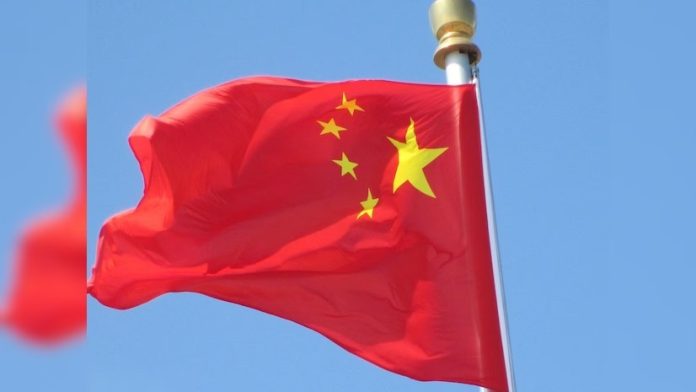NEW DELHI: In a noteworthy trend sweeping China, numerous young professionals are celebrating their resignations from stable, well-paying jobs by throwing elaborate parties reminiscent of traditional marriage ceremonies.
Despite the country’s challenging economic climate and soaring youth unemployment rates, individuals in their 20s are leaving positions due to reasons such as low salaries and burnout. Chinese social media has seen an influx of posts about these “resignation parties.” According to Maimai, a Chinese professional networking platform akin to LinkedIn, 28% of surveyed employees across various sectors resigned in 2022, and this number doubled for those intending to quit but hadn’t done so yet.
the dissatisfaction stems from a deep sense of disillusionment among overworked young individuals who have faced intense academic competition and high parental expectations. Many grew up amid economic prosperity, but they now encounter stagnant salaries, an overwork culture, and a mismatch between their education levels and available job opportunities. This misalignment has resulted in many employees feeling overqualified for their roles, leading to dissatisfaction and disillusionment.
The story mentions the experience of Liang who resigned from his banking job in China. Liang’s friends threw a party party for him and pinned a flower on Liang’s chest under a scarlet banner that read: “We’re done with this bullsh*t job!” The CNN story used a pseudonym for Liang to protect his privacy. “I fell into mechanized, repetitive work. It consumed a lot of my energy,” he told.
According to an AP report, a growing number of young Chinese are opting out of the ‘rat race’. Many are moving overseas not because of ideological reasons but to escape the country’s ultra-competitive work culture, family pressures and limited opportunities after living in the country under the strict pandemic policies for three years, the AP report said.
More than one in five young Chinese individuals find their career aspirations temporarily disrupted due to a sluggish job market, as the economy grapples to recover from the prolonged impact of Covid-19. In June, the urban unemployment rate among the 16-to-24 age group hit a historic high of 21.3%. In July, the government ceased releasing age-specific data, raising concerns that these politically sensitive figures might have surged even further.
While there isn’t substantial proof of widespread political upheaval due to the unemployment issue, in the latter part of last year, demonstrations against the government’s strict “zero-Covid” measures emerged nationwide, marking the most direct opposition to the party in more than three decades. An official report in November acknowledged that the rising “anxiety, disappointment, and confusion among college students” had the potential to undermine confidence in China’s economic prospects.
This disillusionment might exacerbate China’s economic challenges, as a falling birthrate and shrinking workforce pose potential threats to future growth.









































